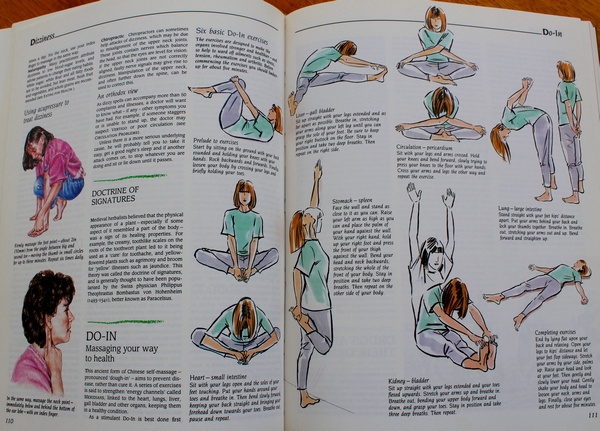Getting enough sleep is important for keeping your immune system strong and protecting you from coughs, colds and viruses.
Sleeping less than six hours a day can make you four times more likely to develop a cold than those who get more than seven hours.
A very effective way to reboot your sleep is Sleep Restriction Therapy (SRT).
The principles are simple: for a few weeks you have to reduce the amount of time you spend in bed, ensuring that when you go to bed you are really tired. This means that you will fall asleep more quickly, stay in deep sleep for longer and wake up less frequently during the night.
Reducing the amount of time you spend in bed increases your sleep drive (your urge to sleep). Also, it helps lessen the negative associations that have built up in your brain, linking the idea of bed with the stress of bad sleep.
Sleep Restriction Therapy (SRT) has been shown to re-programme your body and brain so you so you fall asleep naturally when you get into bed, just like you did as a child.
It’s now accepted that reducing time in bed really does reset the brain. Unlike drugs, it promises long lasting results without side effects – people sleep more, wake up less often and feel much better.
The basics of SRT are simple. First, pick a fixed getting-up time – for example 7am. Second, over a week or two, work out how much sleep you really get per night, on average. For example five hours.
The next and most difficult step is to stay out of your bedroom, and awake, until five hours before your rising time – 2am. If five hours is all the sleep you get, five hours is all you’ll have.
You should not go below 4.5h. As things improve, you’ll gradually extend time in bed by 15 minutes a night.
How music can improve your health








